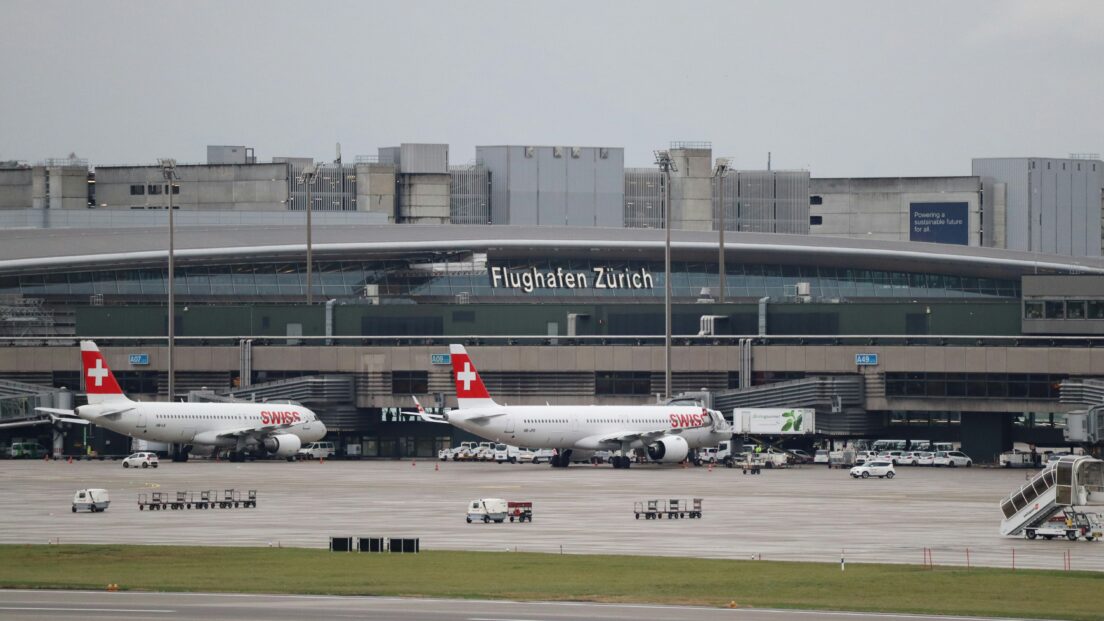Government council rejects airport night-time quiet initiative

The "Airport Night Quiet Initiative" calls for stricter night-time quiet at Zurich Airport. However, the cantonal government sees legal conflicts with federal law and warns of negative effects on Zurich as a business location.
The popular initiative “Airport night-time quiet initiative” calls for a statutory night-time quiet period from 11.00 pm to 6.00 am at Zurich Airport. The Government Council rejects the initiative as it contravenes federal law and creates legal uncertainty. Legislation on aviation is the sole responsibility of the federal government, which has already conclusively regulated night flight regulations.
A literal implementation of the initiative would raise unrealisable expectations without noticeably reducing the actual noise pollution. The cantonal government emphasises that existing regulations already exhaust the maximum scope of cantonal law.
Focus on reducing aircraft movements after 11.00 p.m.
Despite rejecting the initiative, the cantonal government supports measures to promote a peaceful night’s sleep. For example, operational improvements and an optimised airport infrastructure should help to reduce flight movements after 11.00 p.m. The runway extensions approved by the Zurich electorate in 2024 are a key step towards increasing the punctuality and efficiency of the airport.
In addition, technological advances will further reduce noise pollution. New, quieter aircraft should improve protection for local residents in the long term.
Securing the business location and international connections
Zurich Airport is indispensable for the economic strength of the canton. As Switzerland’s only intercontinental hub, it provides daily direct connections to major international cities, which are essential for businesses and the population alike.
The airport’s competitiveness depends on its operating hours. These have already been reduced by two hours over the last 20 years. Carmen Walker Späh, Director of Economic Affairs, emphasises that the existing regulation represents a balanced compromise between noise protection and the requirements of businesses and travellers.
With this approach, the cantonal government aims to safeguard the quality of life of local residents and strengthen the economic future of the canton.